Playing for Good: The Mystic String Quartet and Big Lux
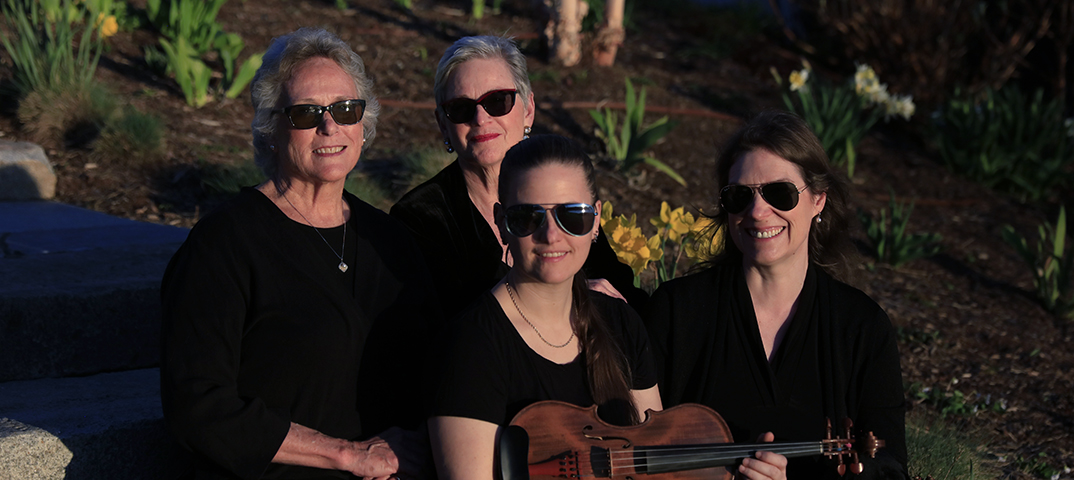
The Mystic String Quartet has been playing together since the early days of the pandemic, when they donned masks and braved cold fingers because they knew they needed to make music together to keep their sanity. “Our ‘target community’ was us,” said Matt Sasaki, MSQ’s original violist. “And we called ourselves the Mystic Quarantette,” added violinist Linda Suriyakham. Since then, the Quartet has given backyard and more formal performances, including a guest appearance to accompany Coast Guard clarinetist Charlie Suriyakham on Carl Maria von Weber’s Clarinet Quintet at a Coast Guard Chamber Players concert and a concert/fundraiser at the Meeting House in the Olde Mistick Village. The quartet lost its original violist, who studies the seas as a marine biologist, to the academic job market; gained a new violist, Tina Doran, who sails the seas as crew on the Mystic-based Argia, an 81-foot nineteenth-century styled schooner; and changed its name to the Mystic String Quartet. “We started out focusing on Beethoven and Haydn, then had a Dvorak period,” said cellist Kris Meier. “We also support each other and musicians outside the quartet when they have to prepare a quartet part for some type of coaching program.”
None of us are professional, but we prefer to think of ourselves as community-based musicians, rather than amateurs. Words have consequences and that got us thinking about where we fit in the community landscape. We know we have fun with each other, we know we want to continually improve and build our artistic muscle, and we have certainly taken advantage of ACMP’s home coaching program, which has allowed us to get outstanding coaching, but could we do more? Could we actually build community through our music?”
That question led to the Quartet’s first fundraiser in 2022, through which it raised over $7000 for Mercy Corps for humanitarian aid to those affected by the Russian invasion of Ukraine. “We didn’t want to charge admission, so we basically ran a ‘campaign,’ with donations coming from people attending the concert as well as online,” said Suriyakham. Now the quartet is preparing for its second fundraising concert, Harmony Not Hate, at 4pm on October 19 at St. Mark’s Episcopal Church in Mystic, Connecticut—a concert to benefit the Southern Poverty Law Center (SPLC). This concert is supported, in part, through a Just Play grant from ACMP.
When you are white and straight and living in Mystic, it is easy to view the world through rose-tinted glasses and think the problem is ‘out there.’ But we have seen the tentacles of hate reach into our community. I’m sure some people have always experienced hate or ‘erasure’ here but the national landscape has made the problem more visible to everyone. The Southern Poverty Law Center is one of the few organizations that works on a broad anti-hate agenda. They track 14 hate organizations in Connecticut alone.
Having decided to do an anti-hate concert to benefit SPLC, the quartet next focused on what that would look like musically.
I have always been a fan of the Silk Road Ensemble and I kept coming back to their mission, ‘creating music that engages difference, sparking radical cultural collaboration and passion-driven learning for a more hopeful and inclusive world.’ What would that look like in our little corner of the world? In the meantime, I happened to see an article in the local paper about a hip-hop violinist by the name of Big Lux. I went on his website and loved what he was doing, musically and politically. Having no known personal connections, we decided to take a risk and reach out to him.
As it turns out, the quartet discovered that Big Lux had been an artist in residence at Community Music Works, where Jesse Holstein works as associate director and senior resident musician. Holstein, who also coaches chamber music at Brown University, is the concertmaster of the New Bedford Symphony, teaches two of the quartet members and has coached the quartet, was helpful as a “reference” for the quartet. Big Lux agreed to meet with the quartet. Music and ideas were exchanged. And when the parties finally met, all breathed a sigh of relief, realizing that this unlikely collaboration of strangers could work. The quartet is grateful that Big Lux was able to fit this performance into his schedule. Not only does he have multiple performances a week, but Kevin Lowther, as he is known in other parts of his life, is also a member of Westerly’s Town Council and is in his second year of law school at Roger Williams University in Bristol, Rhode Island.

Working with Big Lux has been humbling and exciting for the quartet. Raised on the Suzuki method, Big Lux can play almost anything by ear. Private lessons and experience playing in the Rhode Island Philharmonic Youth Orchestra helped him develop technical skills. His unique musical style, however, was forged in the cauldron of his military service, which followed his graduation from West Point Military Academy. Big Lux took his violin with him to assignments in the Middle East, Africa and Asia. He was particularly taken by the street music culture of South Korea, where, he says, “if they don’t like your music, they walk away.” South Korea also has a very active club scene, where Big Lux often played when he was able to skirt military base curfews. After two tours of duty, Big Lux landed in Miami where he earned an MBA and began a career in real estate development. He loved Miami’s Latin musical vibes, but his heart was not in the job, so he packed up and returned to Westerly, Rhode Island to see where music could take him. “Following your passion,” says Big Lux, “allows you to become more of yourself and less of what other people expect you to be.”
“Big Lux is so musical and creative,” said Suriyakham. “It’s almost like the printed music gets in his way.” I agree. As a classical player who has always wanted to play a note that is NOT on the page (by intention, not error!), I am amazed watching him take a phrase and just run with it. You have to have a very strong sense of the music’s structure. But it also comes from the heart—that ability to play from ‘inside’ the music.
The quartet and Big Lux are collaborating on a quartet arrangement of Rhiannon Gidden’s soulful At the Purchaser’s Option, which is part of the Kronos Quartet’s Fifty for the Future project. They ‘redistributed’ the first and second violin parts across three violins and added repeated sections where Big Lux improvises. This piece, which was written by Giddens in response to seeing a nineteenth-century ad for an enslaved woman whose child was for sale “at the purchaser’s option,” is followed by a Big Lux composition, Red March, which he wrote just before of the Black Lives Matter protests exploded across the nation. The music video for Red March integrates imagery from the Black Lives Matters protests of 2020 with the Civil Rights Era marches that were the original inspiration for the piece. It’s quite a powerful combination. In Red March, the violins imitate police sirens with slow sul ponticello glissandos that last for 6 bars and are played above an aggressive rhythmic pattern in the lower strings. Big Lux alternates between rapping and playing his violin with fast tremolos. The quartet is also playing Doubt, another original composition that is part of Five Vibes, a piece commissioned by Community Music Works. Big Lux, ever open-minded and learning from his environment, said he wrote this pensive piece in response to the question, “what if we are wrong?” In Doubt, all five string players get an opportunity to improvise, an experience that we in the quartet find mildly terrifying.
As part of its thinking through the idea of community making, the quartet wanted to chip away at the performer/audience barrier. It will open the concert with another Kronos “Fifty for the Future” composition, Funtukuru, the first movement of Tegere Tulon by Malian composer, Hawa Kasse Mady Diabate. Funtukuru is a village in the western region of Mali where residents are almost all griots (hereditary musicians) and where there is a rich tradition of hand-clapping. When Jacob Garchik arranged the piece, he gave the hand-clapping part to the second violin. Since the first violin part was written in call and response style, we took the next step and are playing that part with both violins. We will teach the three basic hand-clapping parts to the audience before beginning and then have enlisted Leah Thomas, a wonderful cellist and friend, to lead the audience on the hand-clapping. We are also playing this standing, to facilitate swaying with the playful rhythms of the song. The audience rejoins the ‘performance’ in the final piece, which is an arrangement of Amazing Grace. Words and music will be provided (in case people want to sing harmony.). The quartet provides an intro and then drops out for the final verse and joins the audience, a capella.
The quartet has not forgotten its classical roots. The highlight of the first half of the program will be Anton Arensky’s Quartet in A minor, Opus 35a. This piece was originally written for two cellos, viola and violin, but was immediately scored for a traditional quartet by Arensky at the request of his publisher, who did not think he could sell the unusual quartet arrangement. “It was wonderful to rehearse this in the church where we will play the concert,” said Meier, the cellist. The opening is based on a theme from a Russian Orthodox funeral liturgy, “so the church acoustics are just perfect.” Doran said of this piece, “Arensky really did the viola a solid. I get all these beautiful solos and they are absolutely in the viola’s sweet spot.” The Arensky is filled with tempo and mood changes which has challenged the quartet to refine its ensemble skills. Arensky dedicated the piece to his late friend, Peter Tchaikovsky. The variations of the second movement are based on a very simple tune, Legend, from Tchaikovsky’s Songs for Children, Opus 54 and provide plenty of virtuosic sparkle for the first violin and cello. The second violin part is mostly heavy lifting, however – lots of inglorious pianissimo double stops that have to be perfectly tuned and one Vivace variation of nothing but pizzicato off-beat double stops which have to be perfectly timed. It is, nonetheless, a very emotionally satisfying piece to play.
At first glance, the program seems to be an odd combination of music, but I think the alternating moments of contemplative themes, statement music and joyous melodies exactly reflect the tools we need to push the currents of hate back. We hope people will have fun, give generously to the SPLC, and leave renewed in their commitment to building a more harmonious community.
The concert is scheduled for October 19 at 4 pm at St. Mark’s Church, 15 Pearl Street, Mystic CT. Donations to the SPLC can be made at the concert or anytime on the quartet’s SPLC Campaign site, here.
More Articles
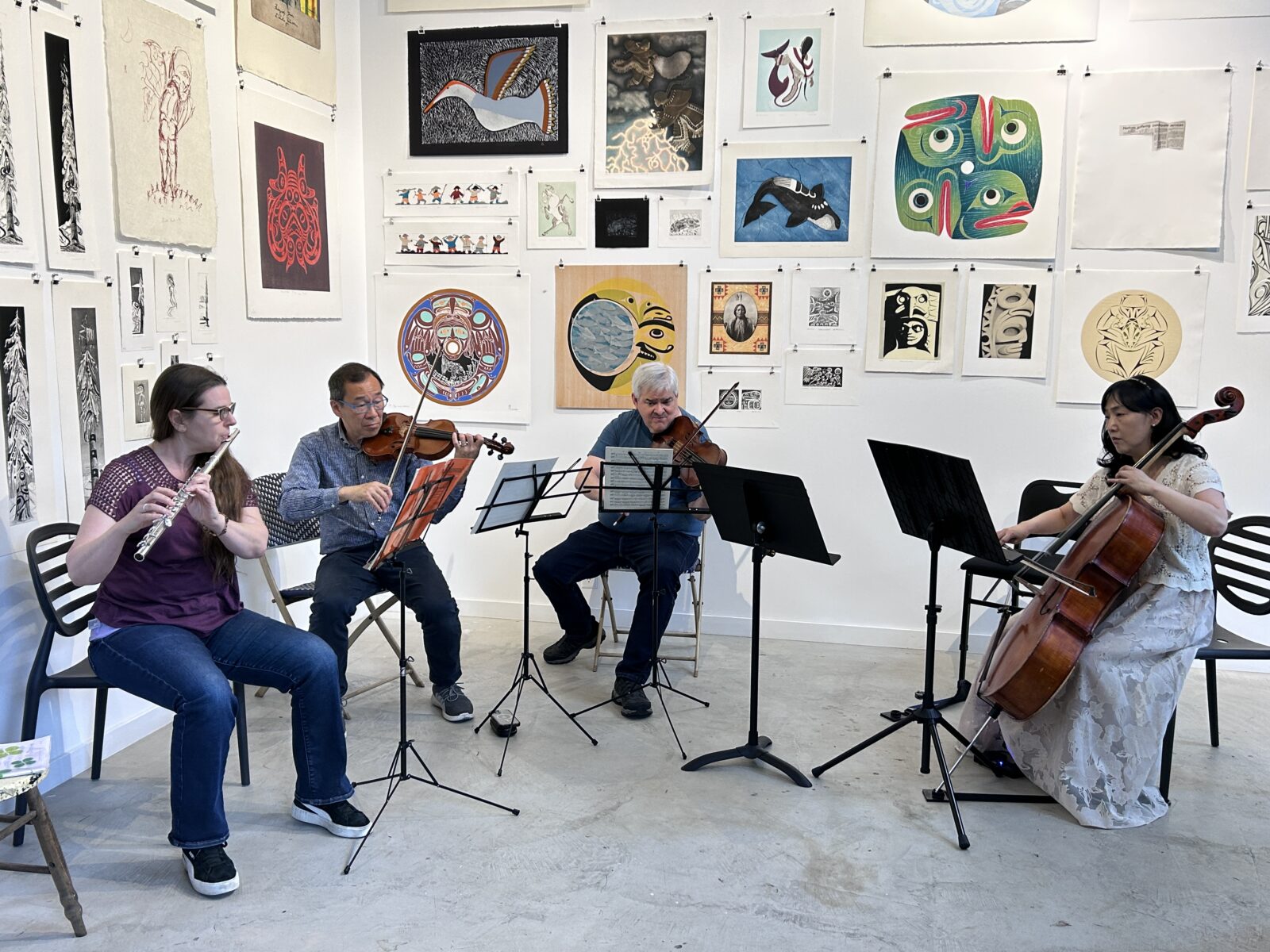
And the Play-Ins continued in June!
With ACMP's rapidly growing community of chamber musicians, Play-In season is never over! Read about two recent Play-Ins in June.Read More ↗
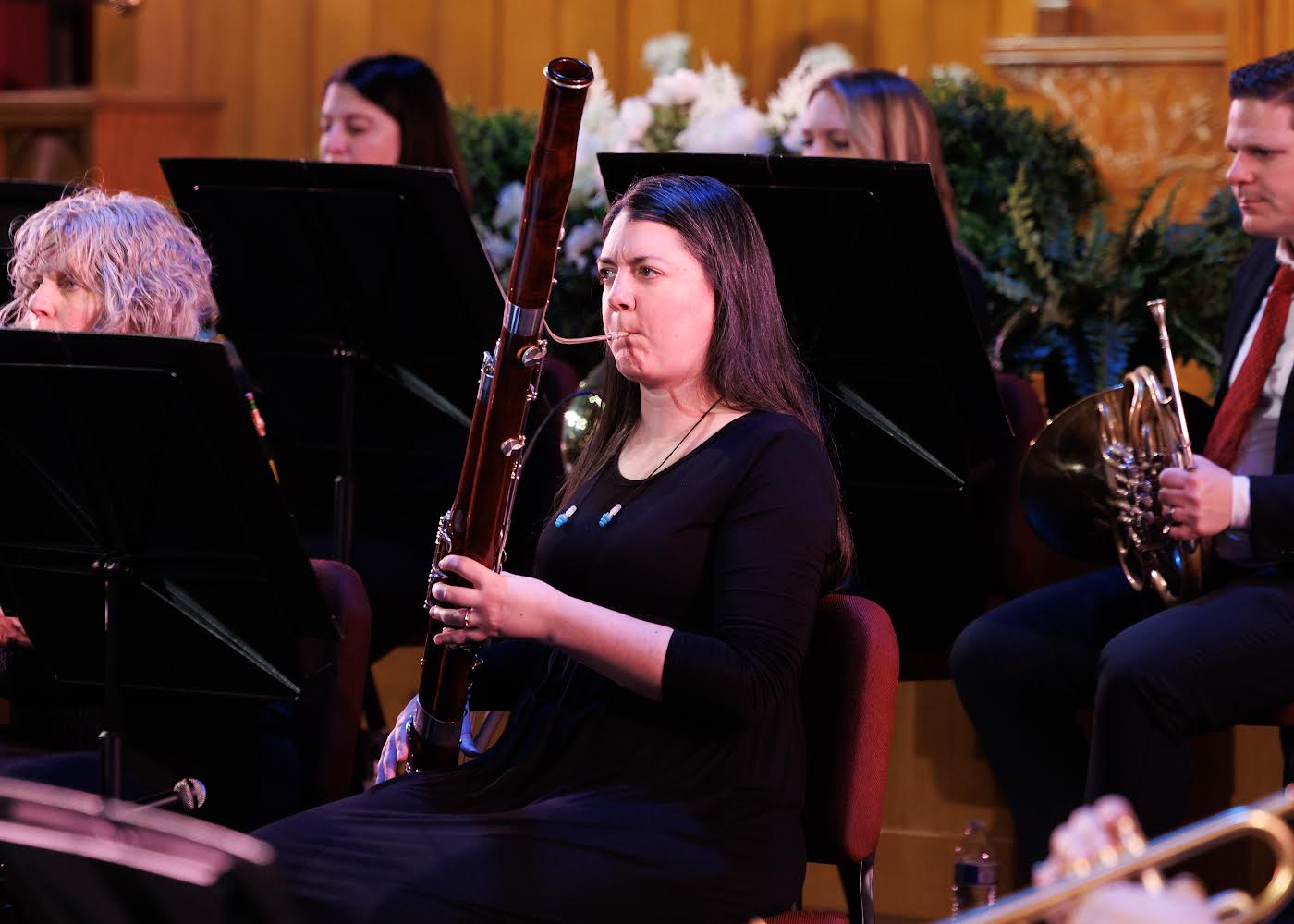
2025 News of Note Puzzle Contest Winner and Answers
Congratulations to bassoonist Jessi Vandagriff for winning this year's News of Note puzzle contest. And read more for the great puzzle answer reveal!Read More ↗
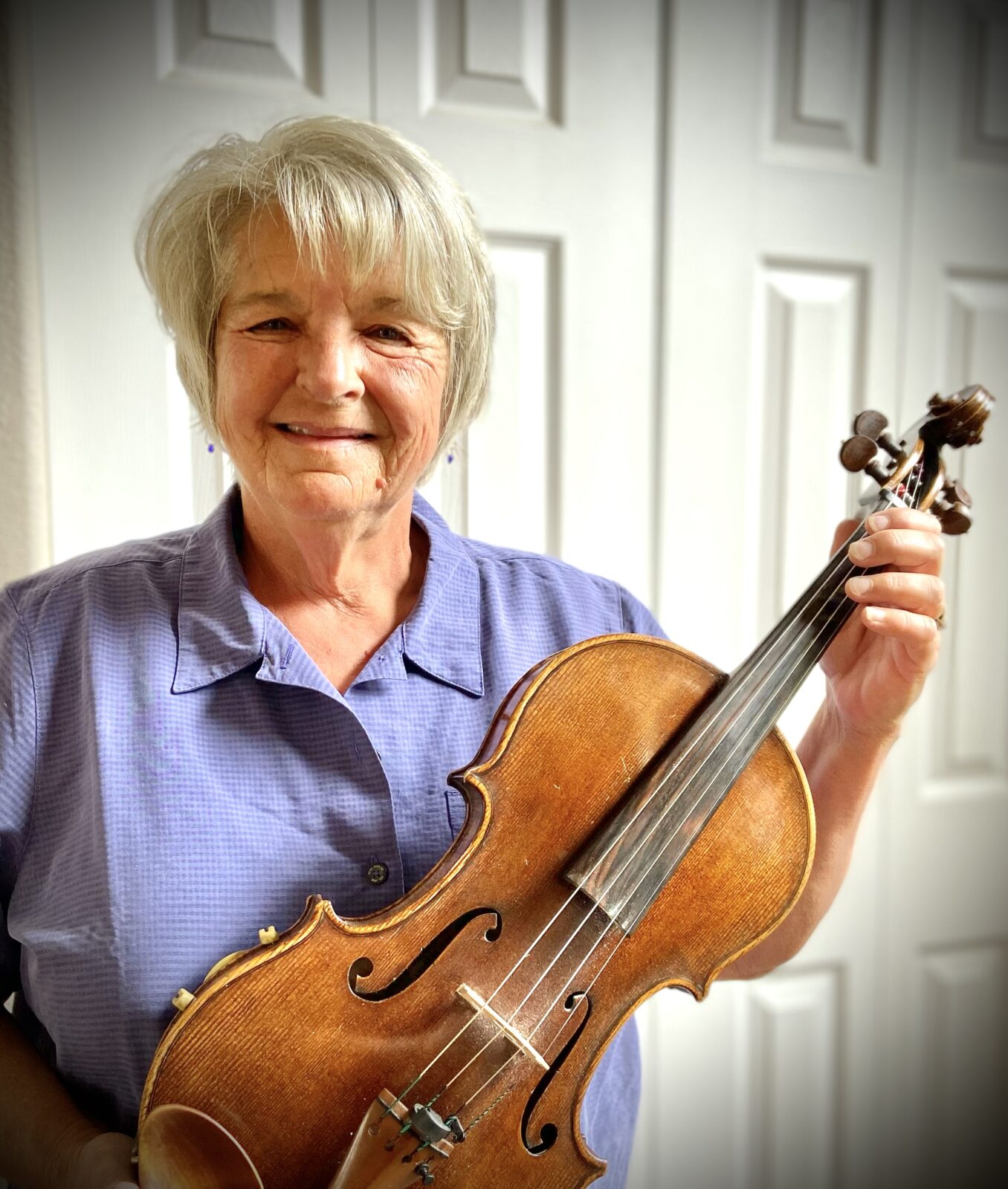
Member of the Month, July 2025: Cheryl Hite
The ranks of ACMP members are filled with professionals who began their college careers with the intent of pursuing music for a living, then for whatever reason moved into another career. Colorado-based violist Cheryl Hite is one of those musicians. A native of Detroit, she enrolled at Indiana University in the 1970s as a double major – biology and viola performance. Read her interview with ACMP Board Chair Bob Goetz.Read More ↗
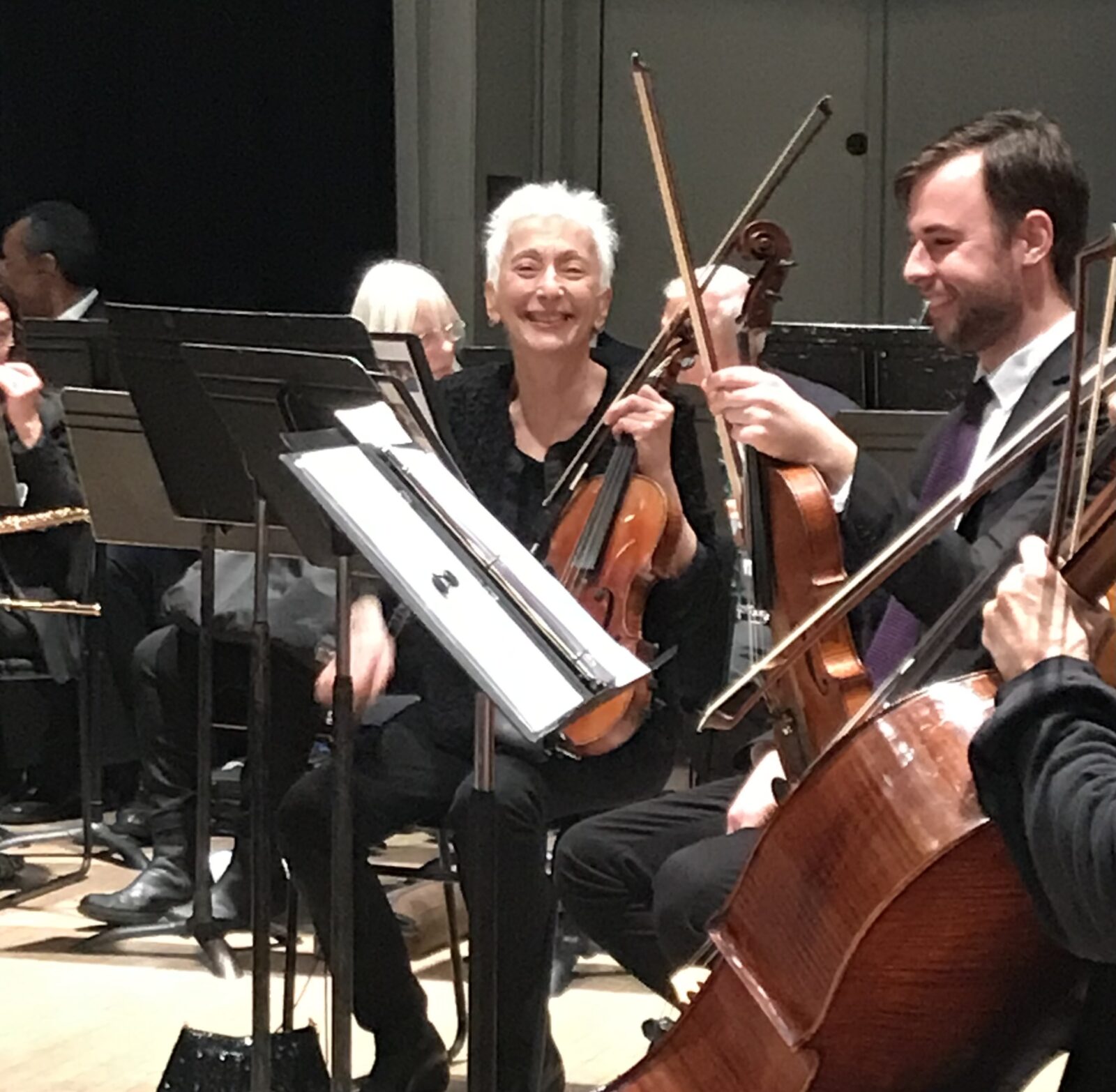
The day my quartet played out of tune and almost got our host evicted
Chamber music can be a high stakes activity - play a bit out of tune, and your host could end up on the street. Read about one such close call in New York City.Read More ↗
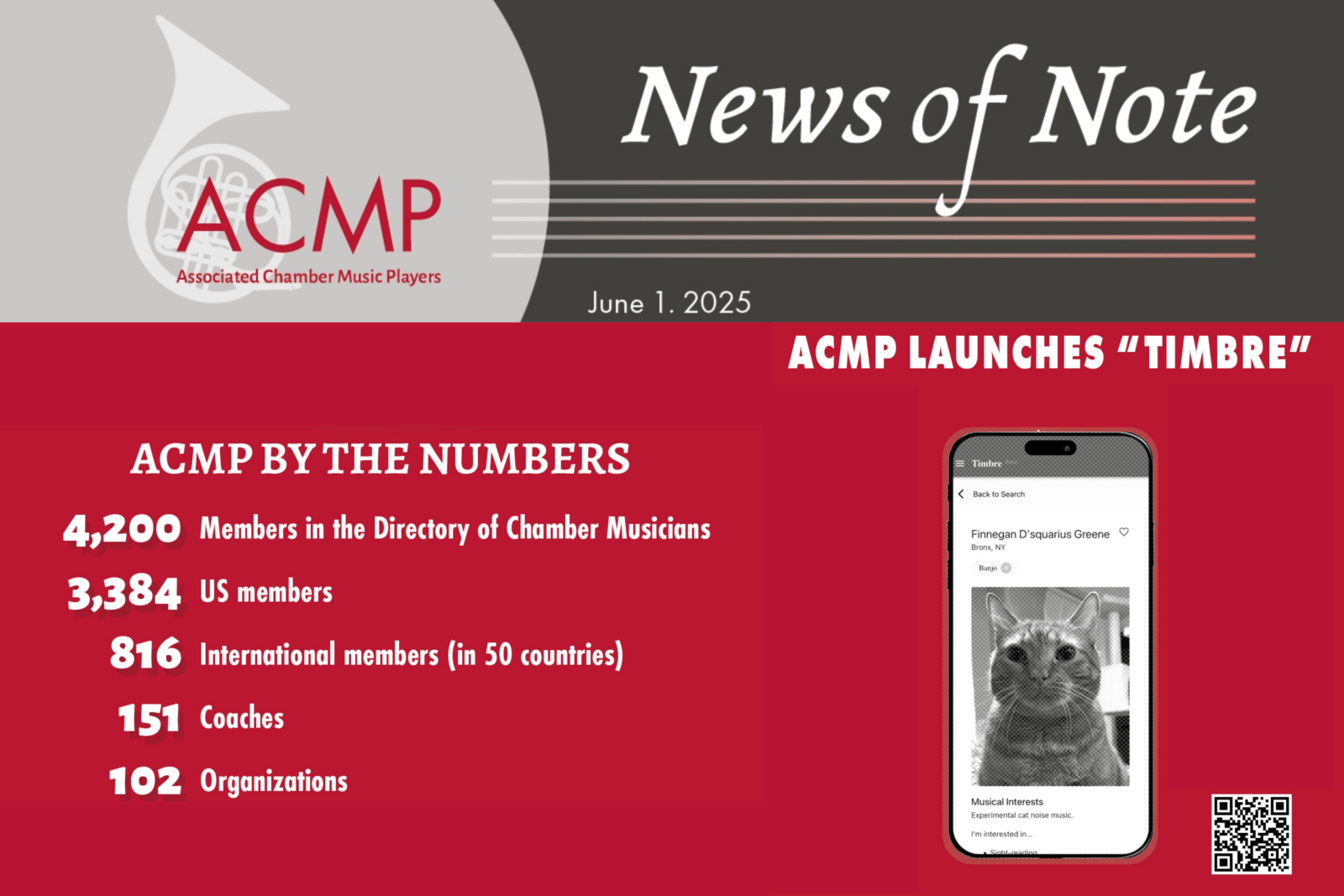
News of Note 2025
It’s that time of year again! The web version of the 2025 News of Note is live, featuring updates from the past year—and some fun extras, including everyone’s favorite: a new puzzle. (Submit your answers by July 1!)Read More ↗
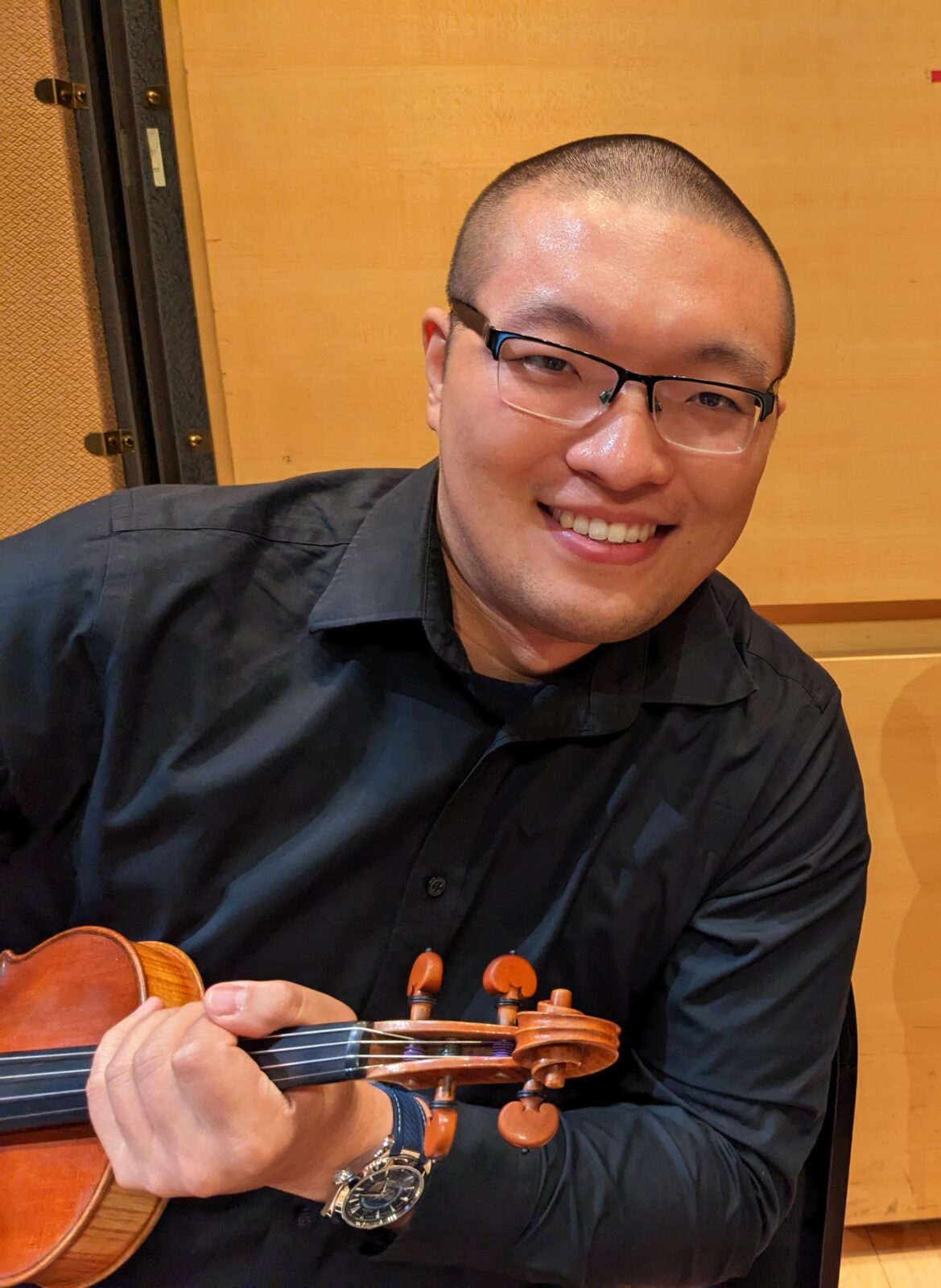
Member of the Month, June 2025: Frank Song
Frank Song, 28, may work remotely as a software engineer, but when it comes to music and the arts, he is all about being there, in person. With the flexibility to travel in his work, he seeks out concerts or museum exhibits in cities far beyond his home in Toronto. And while he’s at it, he takes along his violin to play chamber music. We caught up with Frank on a recent visit to New York, where he played chamber music with people he found through ACMP.Read More ↗

Seasoning for the Seasons
With a taste for adventure and a pinch of whimsy, follow ACMP cellist Tom Cappaert’s lead: stage a chamber concert in a Quito pizza parlor.Read More ↗
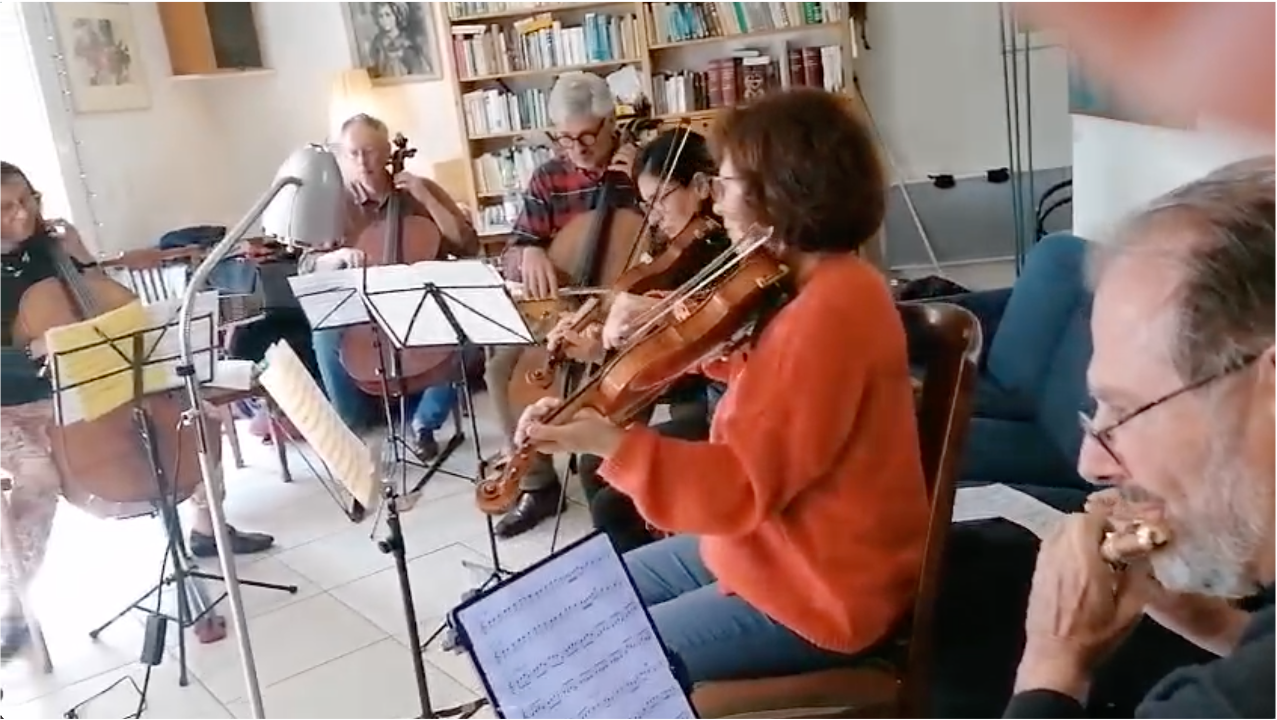
May 2025 Play-In Highlights!
Highlights from just a few Play-Ins during National Chamber Music Month!Read More ↗
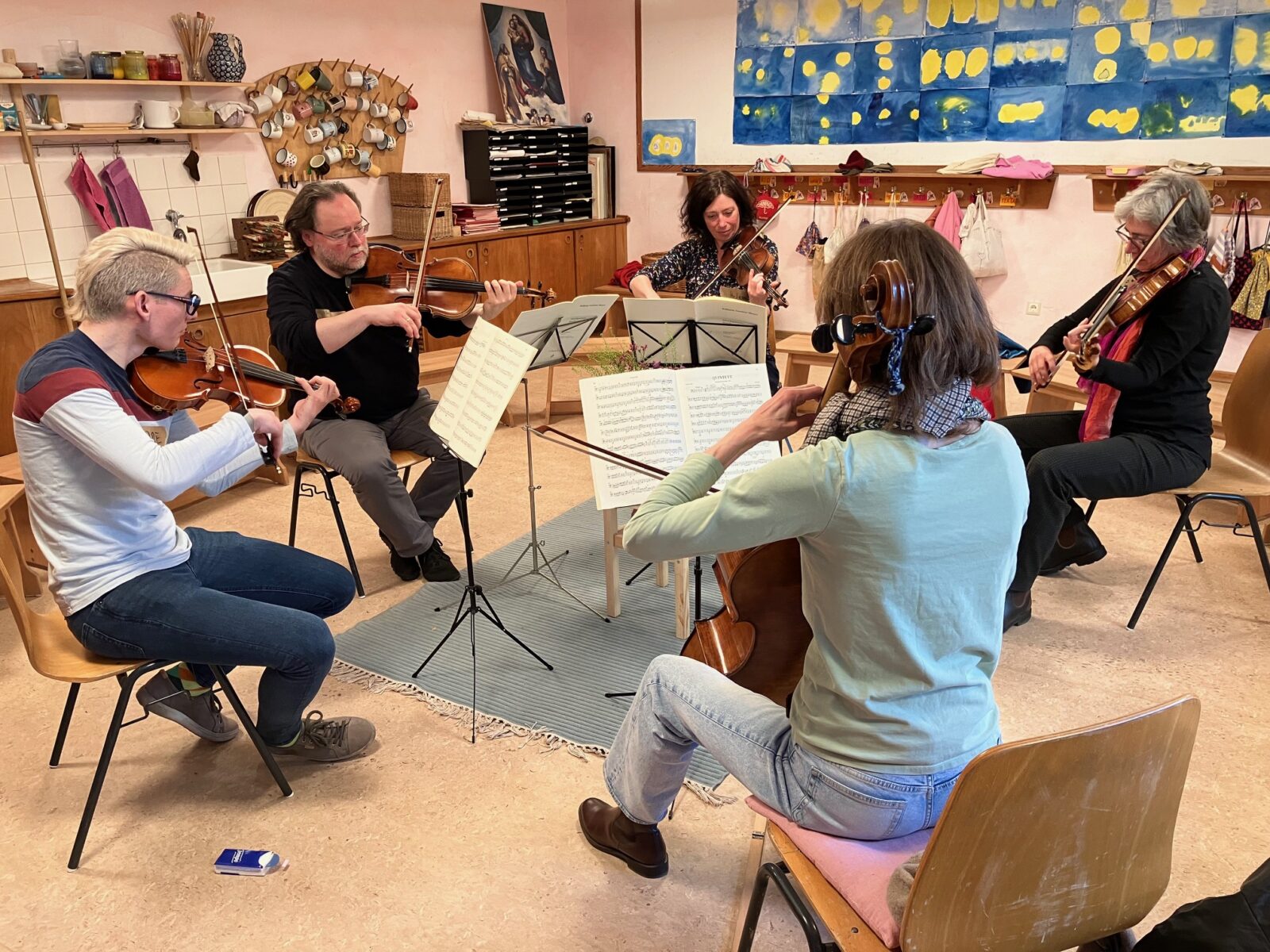
Play-In Report: Berlin Kammermusik Liste
Michael Knoch runs the Berlin Kammermusik Liste, and represents ACMP as its International Ambassador in Germany. He holds at least two Play-Ins a year, and has a unique gift for organizing large Play-Ins with a mix of all instruments and voice. Read about his second Play-In of 2025!Read More ↗
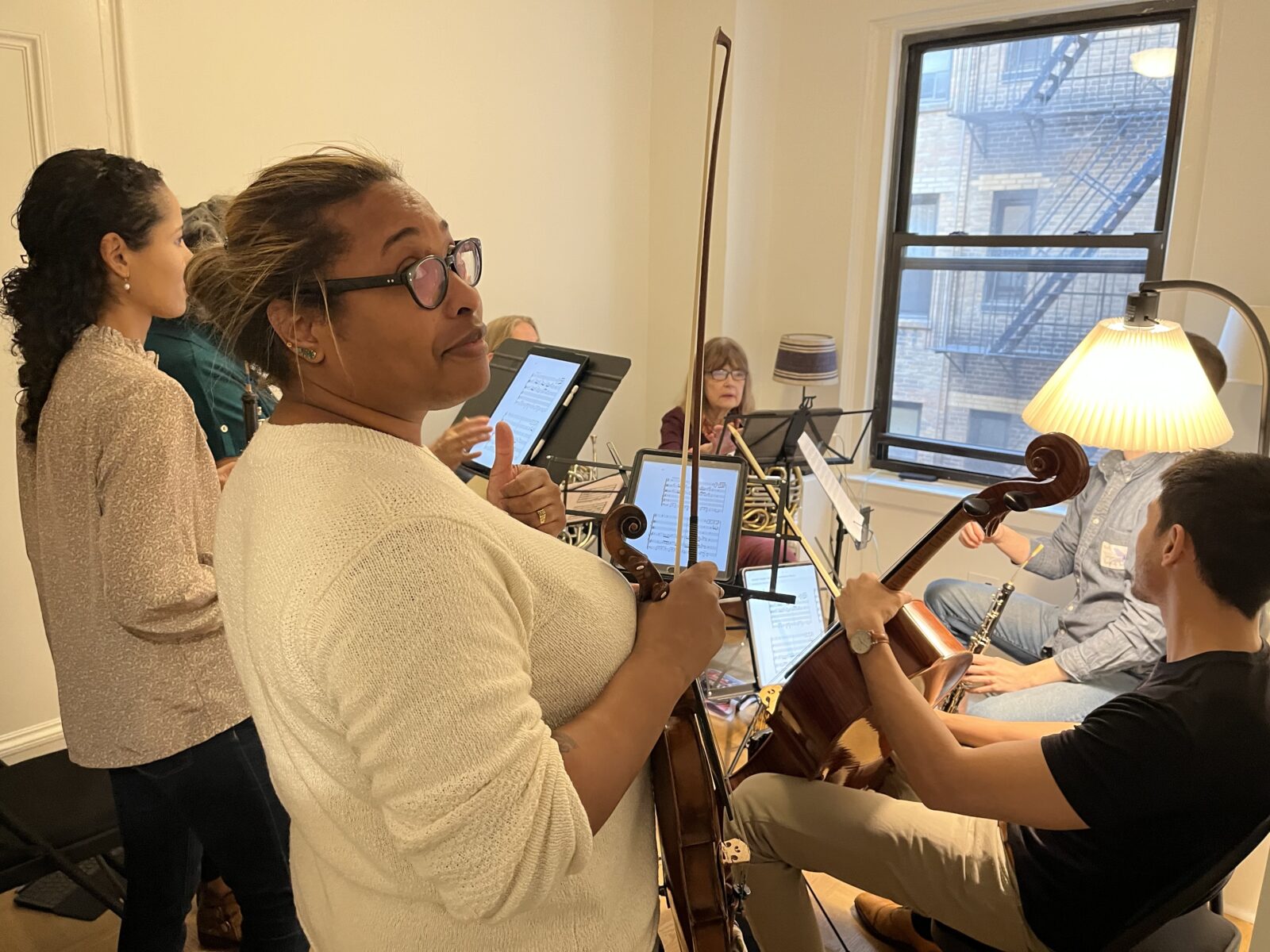
2025 Worldwide Play-In Events
May is Chamber Music Month! Celebrate with Play-Ins all month long, and during the Worldwide Play-In Weekend: May 16-18, 2025. See this list of Play-Ins in the ACMP Directory to date, and keep checking it for updates.Read More ↗
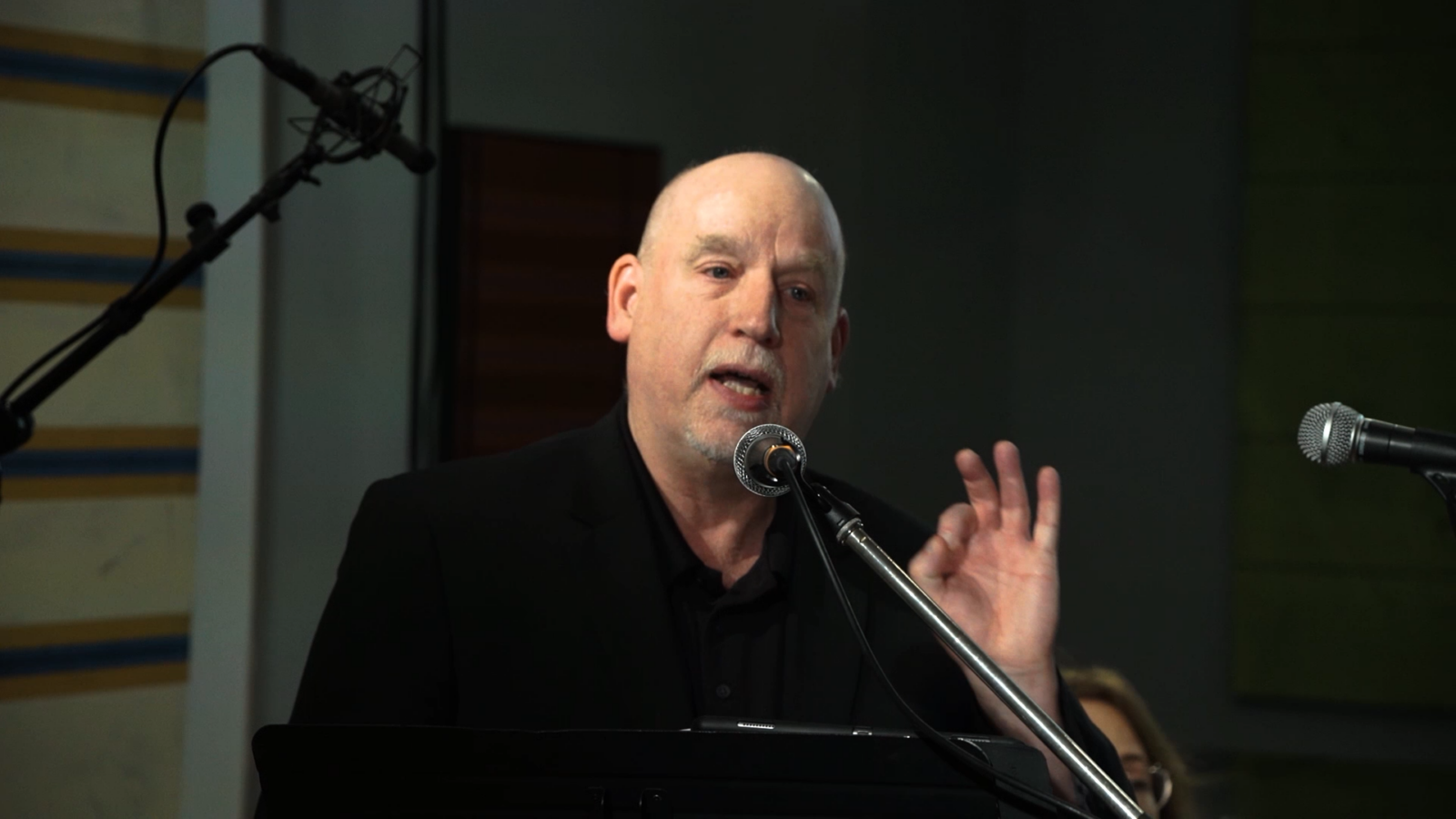
New Video: Ravel’s String Quartet with Cal!
Cal Wiersma is back, sharing ensemble tips and tricks through the lens of Ravel’s String Quartet.Read More ↗
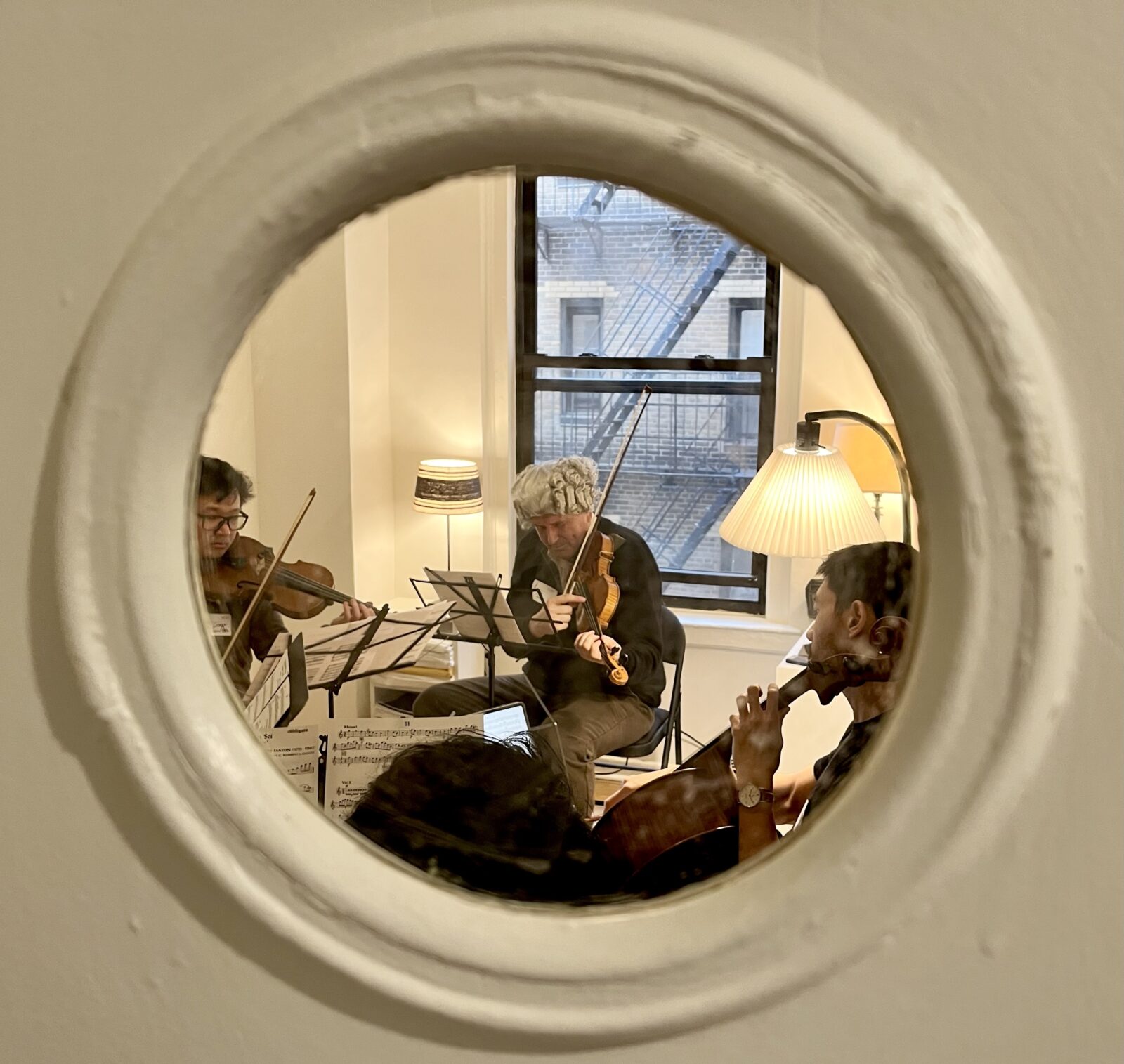
Here’s looking at you, Joe!
One day before Haydn's 293rd birthday - a Haydn party happened in Manhattan. Haydn himself appeared (in the form of ACMP violinist, board member and host, Bob Goetz.) 30 players participated - one third of the participants were wind and brass players! Read about the party and get some fun repertoire ideas!Read More ↗
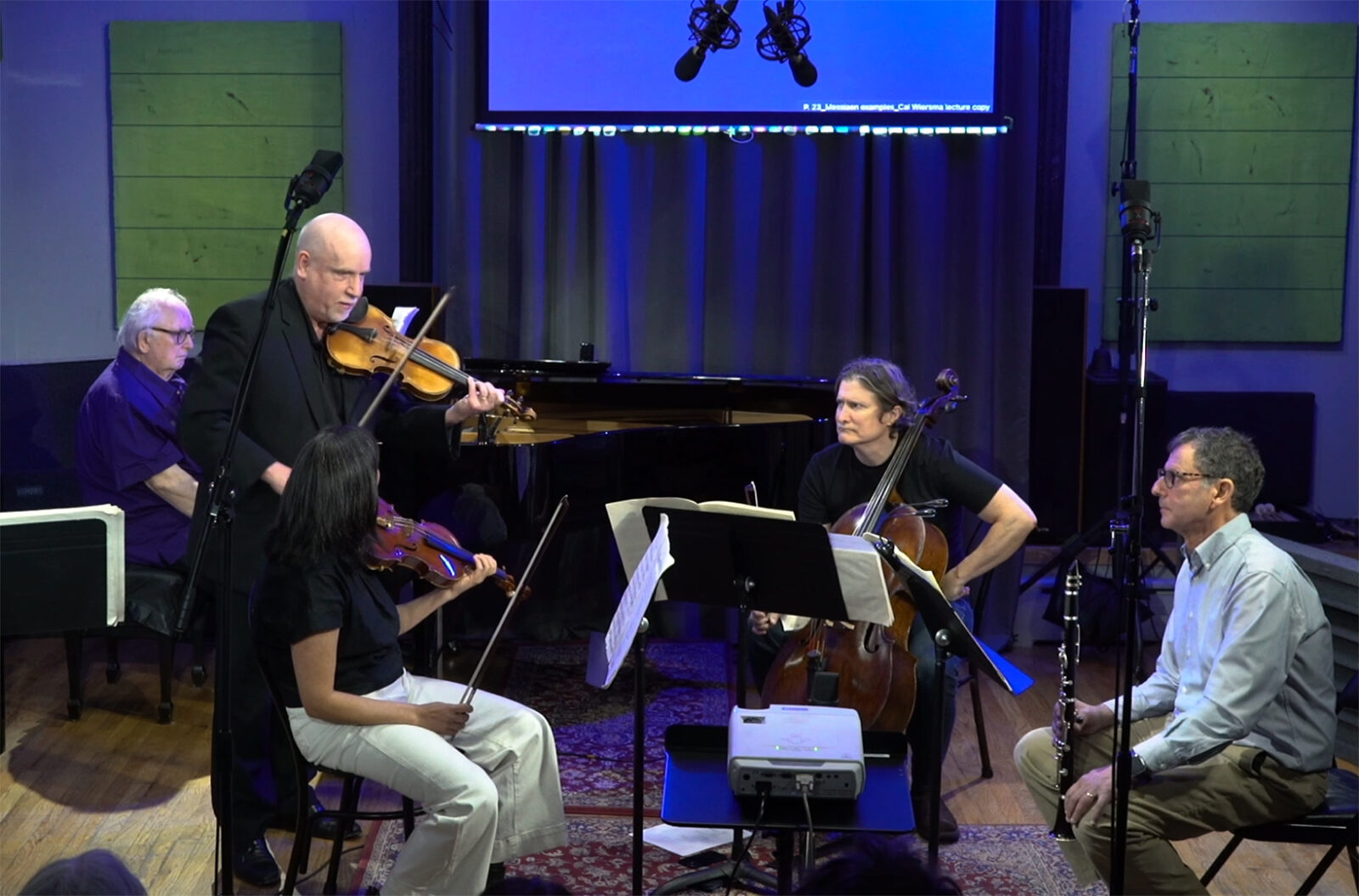
Cal Wiersma Class: Rehearsal Techniques in Ravel’s String Quartet
Back by popular demand - ACMP is offering another live and live-streamed class with violinist and chamber music coach Cal Wiersma on chamber music rehearsal techniques in Ravel's String Quartet on Sunday, April 6 at 3pm ET.Read More ↗
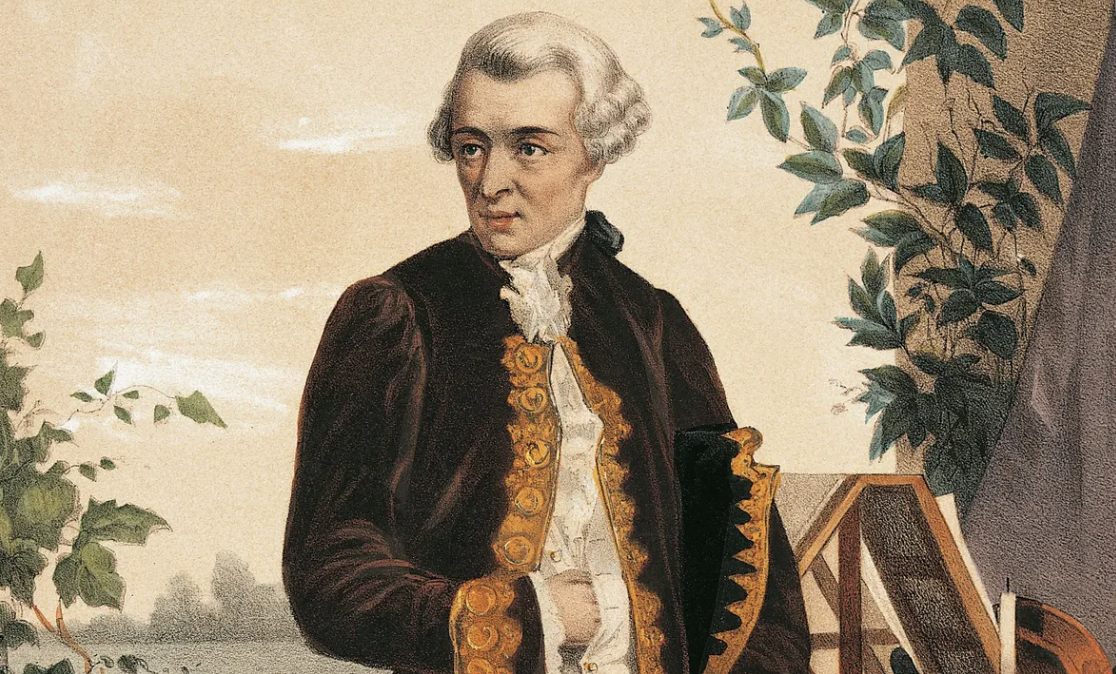
The 2025 ACMP Haydn Challenge
March 31 is Joseph Haydn’s birthday! It’s also a fabulous occasion to celebrate his contributions to the world of chamber music with a gift in his honor to ACMP…Throughout the month of March, we hope you will participate in the ACMP Haydn Challenge.Read More ↗
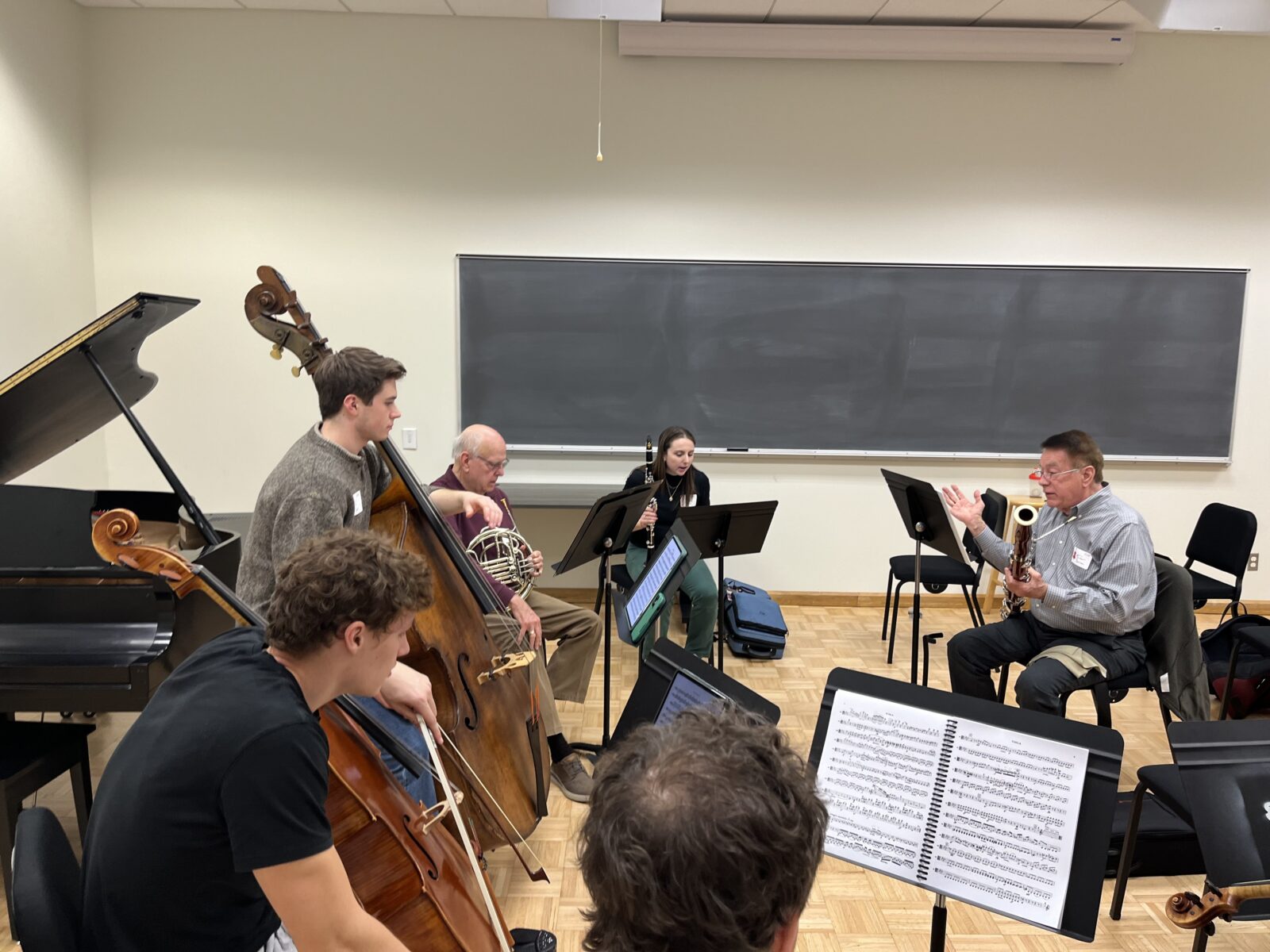
Post-CMA Conference Recap 2025
The CMA Conference in Houston—four days of nonstop music, inspiring connections, a jam-packed ACMP Play-In and a surprise woodwind trio at the Menil Collection!Read More ↗
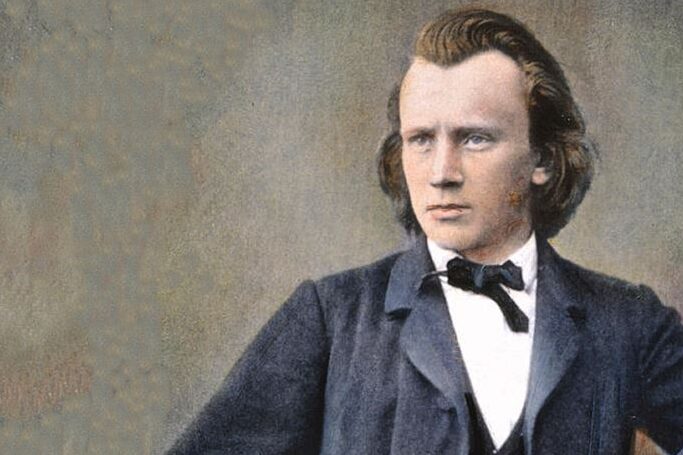
New Listening Club Video: Exploring Brahms Piano Quintet in f minor, Op. 34
Out now! Watch the video recording from our recent Listening Club event with Peter Fender returning and going through Brahms’ Piano Quintet in F minor, Op. 34—an arrangement of an arrangement.Read More ↗
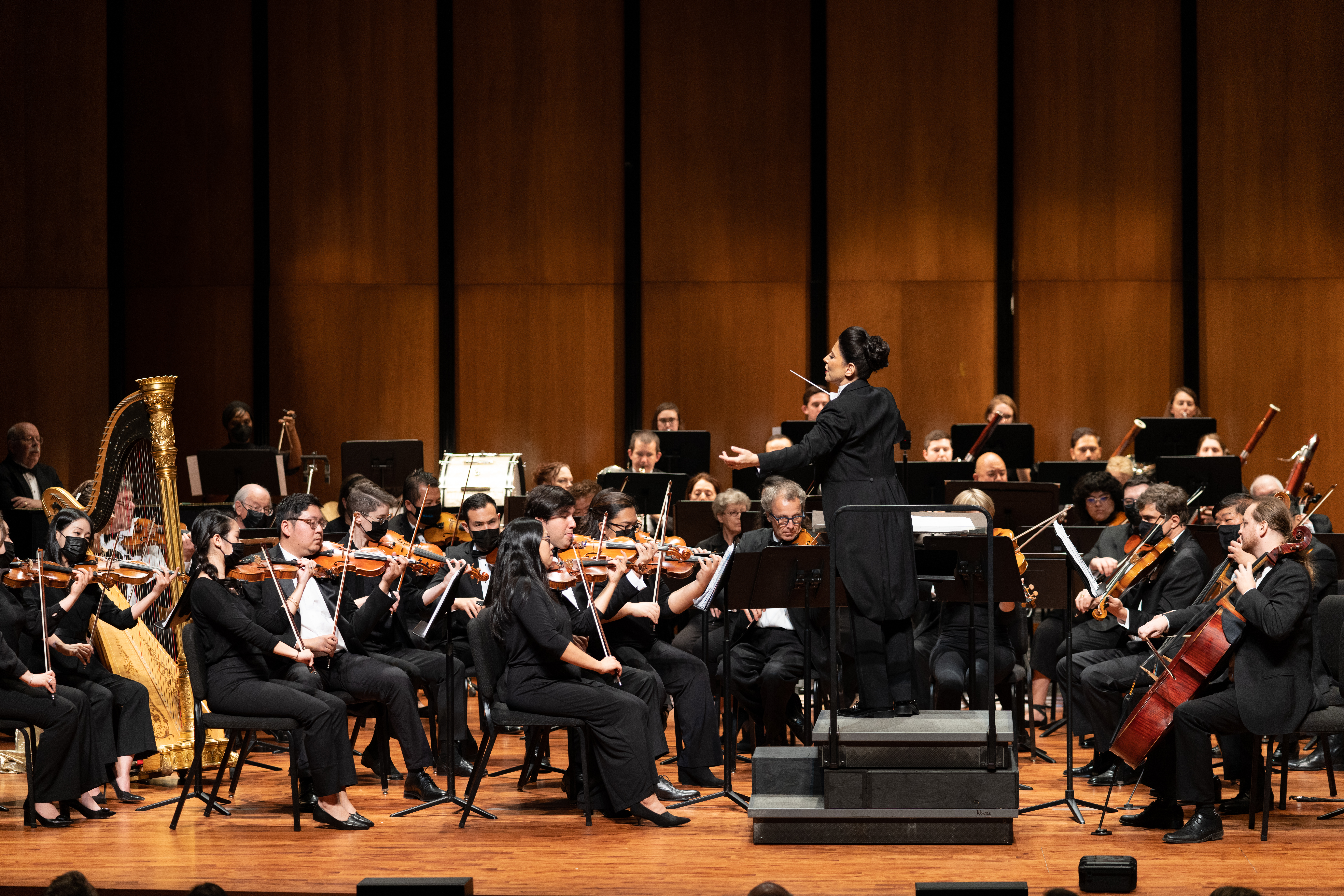
An orchestra born out of one woman’s dream
Over the course of its 25 years, the Texas Medical Center Orchestra has earned national acclaim in becoming a fixture of the Houston musical community. But how it got to this point can be traced to the vision of one woman—Libi Lebel, who moved to the Houston area in the late 1990s as an aspiring conductor and simply wanted to find a group to lead.Read More ↗

And it’s launched! The new Timbre web app
Just in time for Valentine's Day, ACMP is launching its new Timbre web app. Here's how to find it - and some handy tips on how to use it, too.Read More ↗
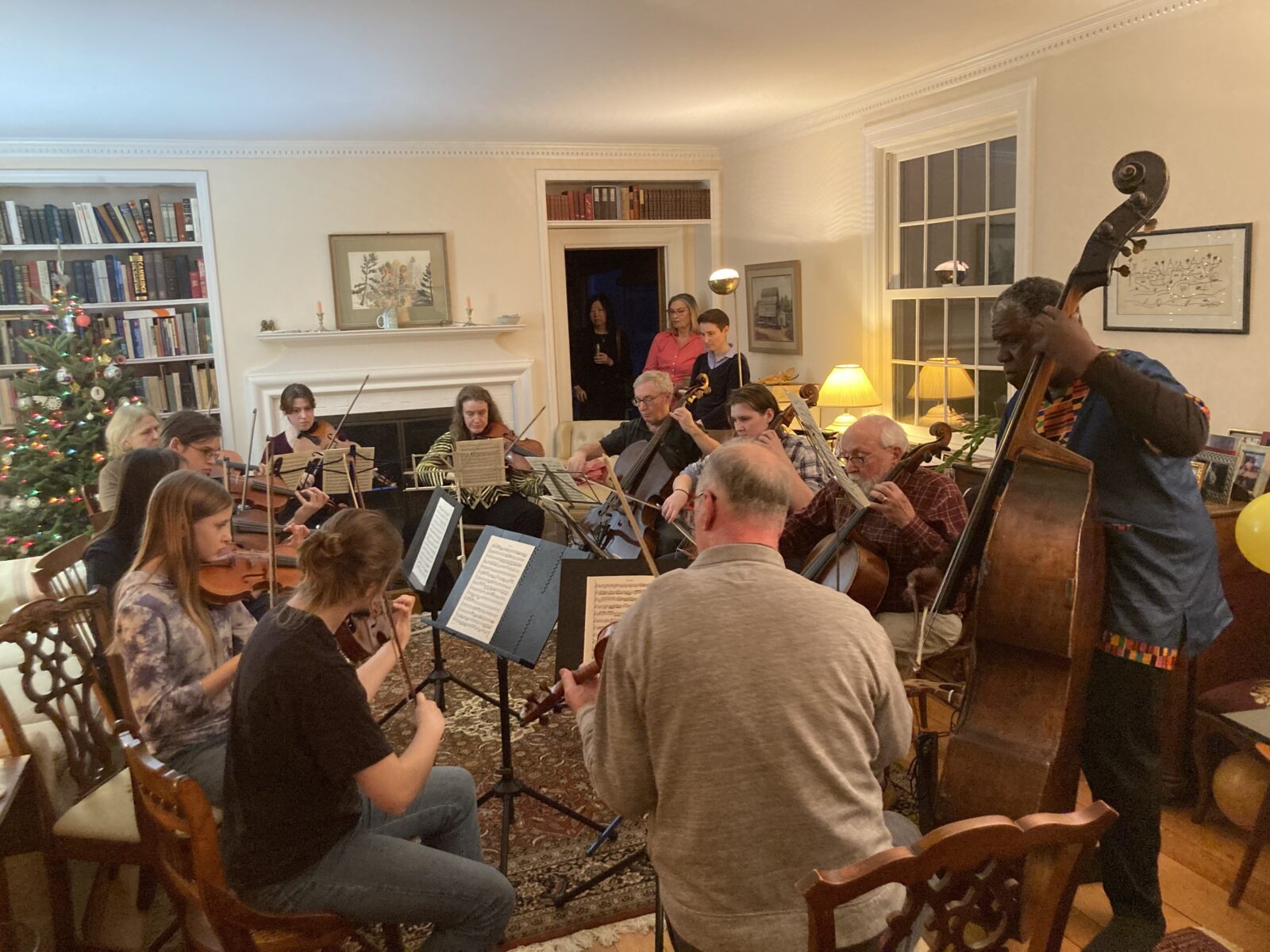
Celebrating the holidays with chamber music!
Looking back on a festive holiday season,ACMP was especially inspired this year by how many of our members made music together in their homes as part of their celebrations. ACMP Executive Director Stephanie Griffin attended two of these, and a special jazz party on New Year's Day.Read More ↗
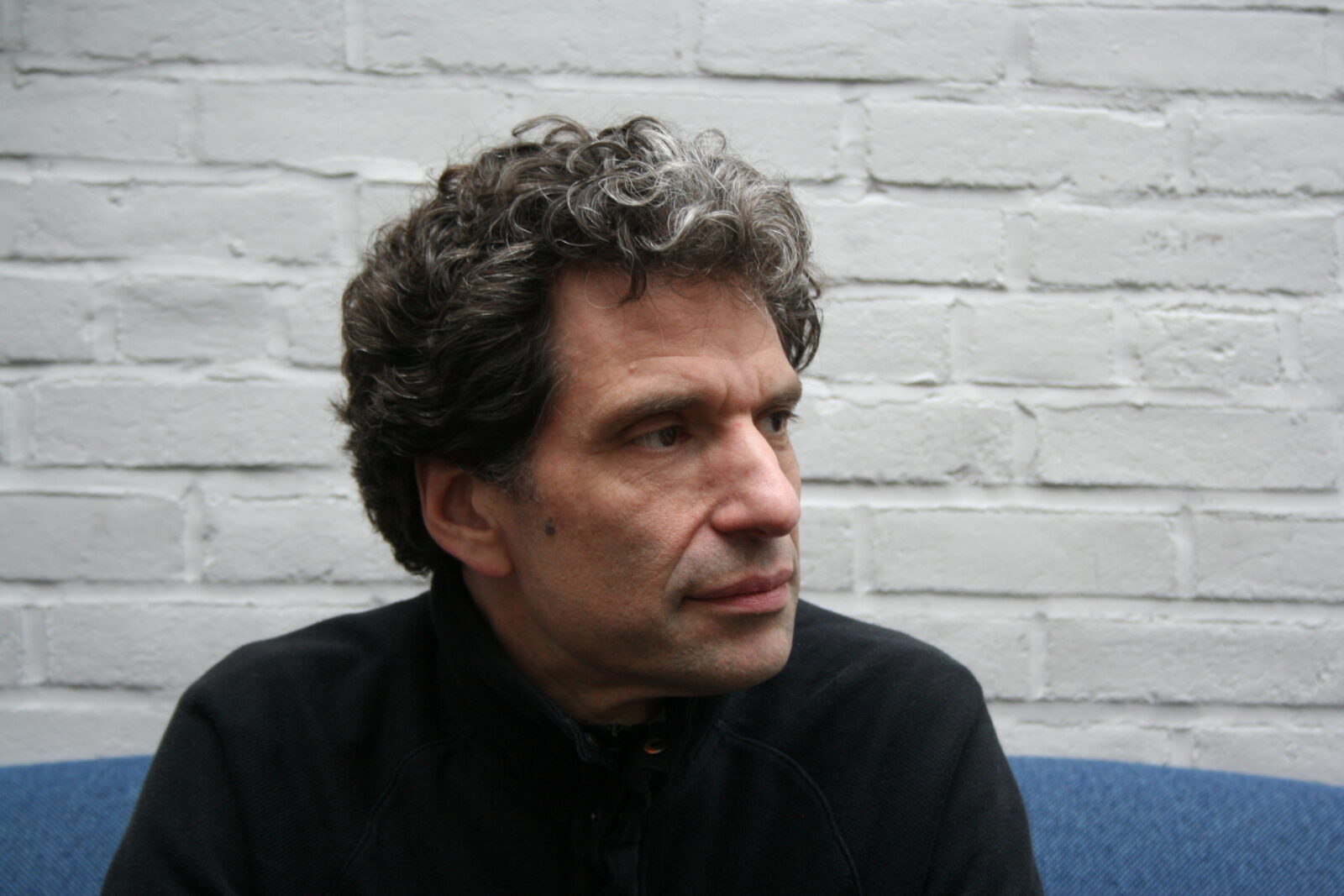
ACMP member discount on Seth Knopp’s new course “Music Speaks”
Join pianist and Yellow Barn Artistic Director Seth Knopp in New York City for a unique new music appreciation course "Music Speaks" on February 22 and 23 and March 1 and 2. And enjoy a 20% discount as a member of ACMP!Read More ↗